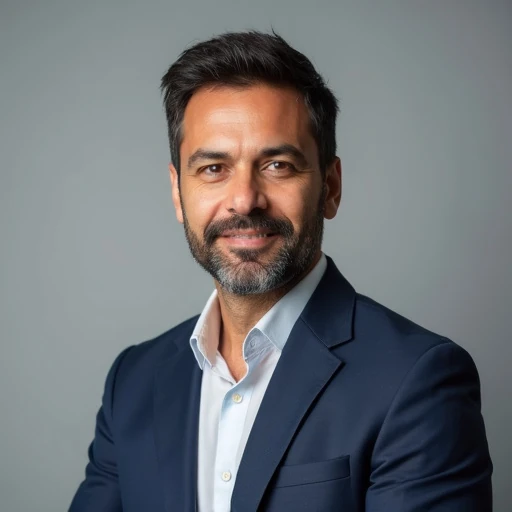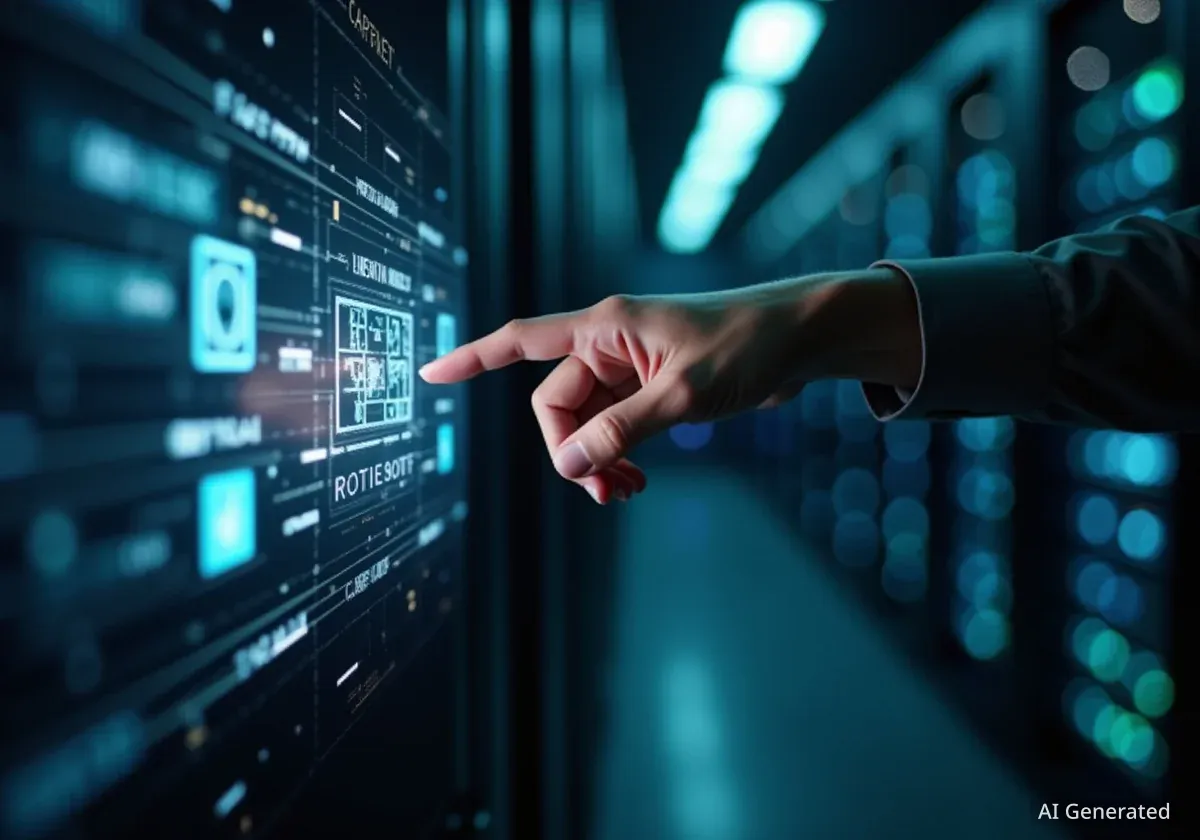The rapid rise of automated cybersecurity tools has created a critical dilemma for businesses: aggressive threat containment can sometimes cause more damage than the attack itself. According to Romanus Prabhu Raymond of ManageEngine, automatically shutting down a hospital computer or a bank's core system highlights a growing need for a new approach, placing ethical considerations at the center of security strategy.
This shift moves beyond building stronger digital walls to embedding principles of trust, transparency, and human oversight into every security action. As organizations navigate an increasingly complex landscape of AI-driven threats and evolving regulations, ethical practices are becoming the key differentiator between responsible innovation and operational risk.
Key Takeaways
- Automated security responses, like quarantining critical systems, can cause more harm than the initial cyber threat, creating a need for ethical oversight.
- The industry is shifting from viewing security as a technical defense to seeing trust and ethical data handling as a core business principle.
- ManageEngine advocates for a "Human AI" model, where artificial intelligence detects threats but requires human validation before taking critical action.
- Future challenges like quantum computing and fully autonomous security systems will further intensify the need for clear ethical frameworks.
The Problem with Aggressive Automation
In response to damaging ransomware like Akira and Ryuk, the cybersecurity industry defaulted to creating more powerful and faster automated defense systems. The goal was to isolate threats instantly. However, this approach introduced a significant operational risk.
Romanus Prabhu Raymond, Director of Technology at ManageEngine, explained that customers initially demanded these aggressive features. The problem became clear when considering the real-world impact. For example, an automated system might flag a computer in a hospital's critical care unit as suspicious and immediately quarantine it, disrupting patient care.
Similarly, a bank teller's system could be taken offline during peak hours, halting customer transactions. This dilemma reveals that the consequences of a security response can be as severe as the threat itself. The challenge is no longer just about stopping attacks but doing so responsibly.
From Defense to Differentiator
In today's cloud-based environment, strong security is a baseline expectation, not a competitive advantage. According to Raymond, what now sets companies apart is how ethically they manage data and apply security measures. This focus on trust is becoming a central pillar of modern corporate strategy.
Building Trust Through Ethical Design
To address this challenge, ManageEngine has adopted a philosophy it calls "ethical by design." This approach integrates fairness, transparency, and accountability into the entire product development lifecycle, rather than treating them as afterthoughts.
Raymond compares this to installing security cameras in a public area. The goal is to protect the community without violating the privacy of individuals by pointing cameras into their homes. Cybersecurity technology, he argues, must operate on the same principle of respecting boundaries.
"Ethical cybersecurity goes beyond defending systems and data – it’s about applying security practices responsibly to protect organisations, individuals, and society at large," Raymond stated.
This philosophy is put into practice through a strict data policy. ManageEngine asserts that it does not monetize or monitor its customers' data, reinforcing the principle that the data belongs exclusively to the customer. This commitment helps build the foundational trust necessary for a healthy client-vendor relationship.
The 'Trans-localisation' Strategy
This ethical framework also extends to global operations. ManageEngine operates data centers across the world to comply with local privacy laws and regulatory requirements, such as GDPR. This approach, which Raymond calls a "trans-localisation strategy," ensures that local teams serve local customers, fostering both operational efficiency and cultural trust.
Human Oversight in the Age of AI
As artificial intelligence becomes more integrated into security operations, its role is shifting from assistive to decisive. This evolution raises important questions about accountability and fairness when an algorithm makes a critical security decision.
ManageEngine has developed its "SHE AI principles" to guide its use of artificial intelligence:
- Secure AI: Building systems with robust protections against adversarial attacks and manipulation.
- Human AI: Ensuring that a human expert remains in the loop for critical decisions. An AI might detect a threat, but it escalates the issue for human validation instead of taking unilateral action.
- Ethical AI: Focusing on explainability. Instead of a vague alert, the system provides context for its findings.
Explainable AI in Action
An example of an explainable AI alert might be: "This endpoint is blocked because it attempted to log in outside of normal hours and tried to connect to an unusually high number of network devices." This transparency helps security teams understand the reasoning behind an AI's conclusion, which is vital for building trust and meeting compliance standards.
The "Human AI" principle is especially important in sensitive environments. Preventing an AI from automatically blocking a critical system in a hospital or financial institution without human approval is a core tenet of this responsible approach.
Monitoring Security Without Creating Surveillance
One of the most delicate balancing acts in cybersecurity is implementing necessary monitoring without infringing on employee privacy. While proactive monitoring is essential for early threat detection, excessive surveillance can create a toxic work environment where employees feel constantly under suspicion.
To navigate this, Raymond outlines a framework built on four key ideas:
- Data Minimisation: Only collect the information that is strictly necessary for security purposes.
- Purpose-Driven Monitoring: Every piece of data collected must have a clearly defined and legitimate security use case.
- Anonymisation: Use anonymised data whenever possible for analysing patterns and trends, protecting individual identities.
- Clear Governance: Establish and enforce strict rules for who can access data, under what circumstances, and for how long it is retained.
This structured approach demonstrates that security and privacy are not mutually exclusive. With clear ethical guidelines, organizations can protect their assets while respecting their employees.
Future Challenges and Practical Recommendations
Looking ahead, Raymond identifies several emerging technologies that will present new ethical challenges. The move toward fully autonomous security operations centers will heighten the need for AI explainability. Meanwhile, quantum computing's potential to break current encryption standards threatens the very foundation of secure communications.
For organizations looking to integrate ethical practices into their cybersecurity strategy now, Raymond suggests three concrete actions:
- Adopt an Ethics Charter: The board of directors should establish a formal cybersecurity ethics charter that guides all security-related decisions.
- Prioritise Ethics in Vendor Selection: When choosing technology partners, evaluate their commitment to privacy and ethical principles as a core requirement.
- Operationalise Ethics with Training: Implement comprehensive training programs that teach employees not just the rules, but the reasoning behind them, fostering a culture of responsibility.
Ultimately, the companies that succeed in the future will be those that view ethical cybersecurity not as a limitation, but as the essential foundation for building sustainable and trusted technology.





